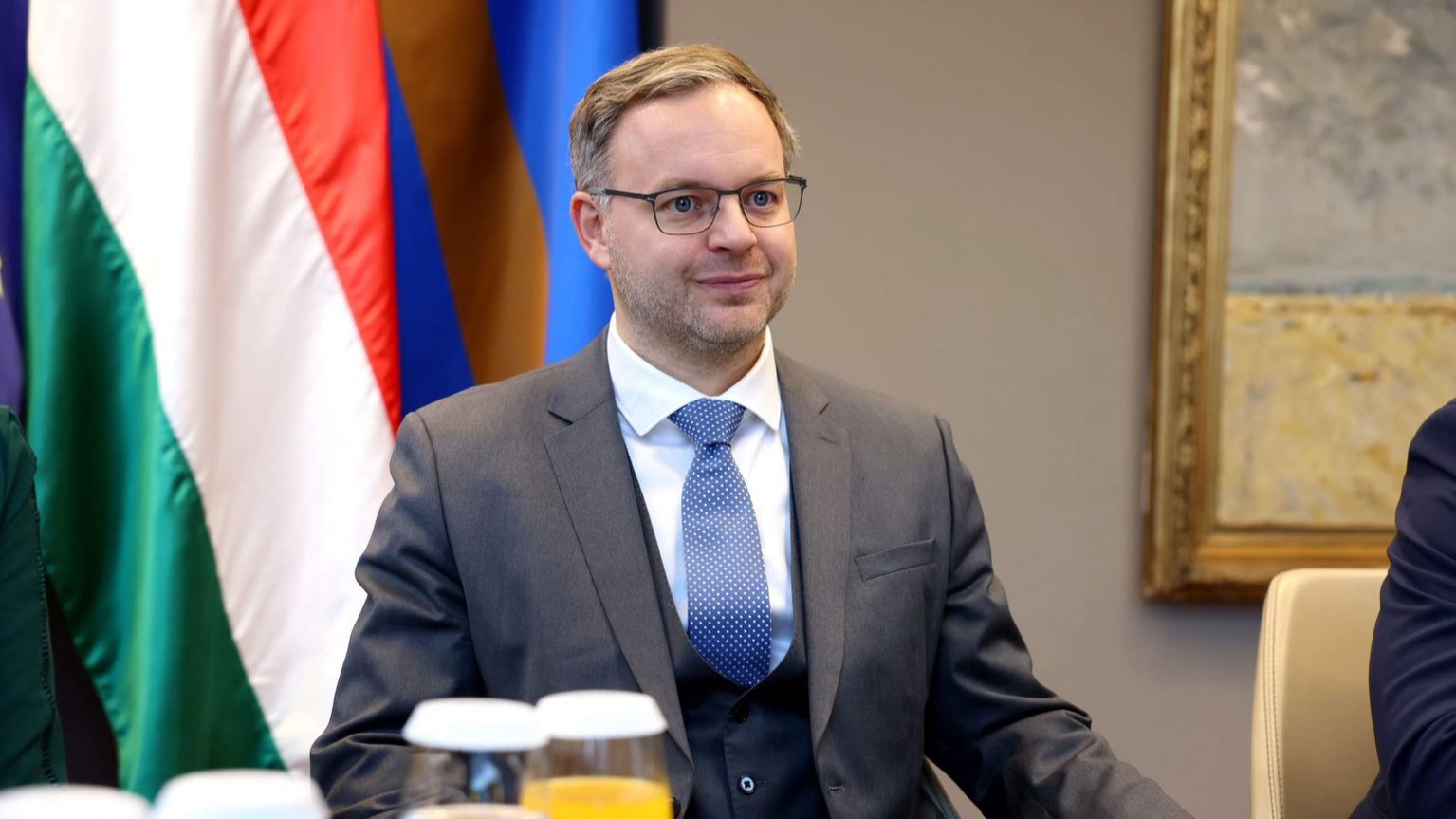Political director to Hungary’s Prime Minister Balázs Orbán outlined Hungary’s economic and diplomatic priorities during a recent appearance on the 48 Minutes programme of the M1 channel. He stressed the potential for mutually advantageous collaborations under a possible Donald Trump-led US administration, while also addressing Hungary’s plans to navigate the EU’s challenges and bolster its economic prospects.
Orbán noted that American investors are already a significant presence in Hungary, with substantial investments and strategic partnerships in place. He highlighted the possibility of re-establishing the Hungary–US double taxation agreement, which was terminated by the Biden administration, as a key opportunity. Visa policy and other financial and military collaborations were also identified as areas ripe for improvement.
Describing Trump as an ‘authentic American character’, Orbán praised his pragmatic approach to fostering agreements that benefit both the United States and its partners. He added that Trump’s leadership could indirectly aid Hungary’s economy by de-escalating the Russia–Ukraine war, which would reduce uncertainties affecting global markets. A renewed focus on communication with allies and Russia, Orbán suggested, might lead to a ceasefire and pave the way for long-term solutions.
Concerning Hungary’s EU presidency, Orbán emphasized that the focus is on enhancing Europe’s competitiveness and addressing pressing concerns for European citizens, such as energy, economic stability, and peace-building. He revealed that recent EU-level discussions in Budapest reflected a consensus among key leaders that Europe must adapt to a changing global environment and prepare for the next year; as the Hungarian Prime Minister pointed out, by the end of 2024 the world will have transformed due to the electoral ‘super year’ worldwide.
Orbán criticized the EU’s waning competitiveness, noting the bloc’s growing economic gap with the US. Hungary’s presidency aims to redirect EU institutions away from ideological debates and towards practical issues like technology, labour markets, and energy. The Hungarian delegation has worked to unify member states around this pragmatic agenda, emphasizing the importance of strategic decision-making by the European Council rather than Brussels-based institutions.
‘Hungary’s presidency aims to redirect EU institutions away from ideological debates and towards practical issues like technology, labour markets, and energy’
Highlighting Hungary’s economic strategy, Orbán reiterated the government’s commitment to economic neutrality, ensuring that the country benefits from a diverse portfolio of investments, including those from the US, Germany, China, and South Korea. The BYD factory in Szeged, a key development producing electric cars for the European market, exemplifies this balanced approach.
Orbán explained that economic neutrality fosters tangible benefits for Hungarian citizens, including wage growth, affordable housing initiatives, and support for small- and medium-sized enterprises (SMEs). This strategy positions Hungary as a reliable partner in the global economy, capable of driving sustained economic growth.
Addressing recent protests outside the Hungarian House in Brussels, Orbán commented on the disruptions caused by far-left activists targeting the book launch of French politician Jordan Bardella. He condemned such actions as attempts to suppress differing opinions, reflecting broader ideological divides in European politics.
The Hungarian House, he explained, is intended to promote Hungarian culture and perspectives on Europe’s future through high-profile events and intellectual discussions. He described it as the first step in establishing a stronger Hungarian presence in European political discourse.
Balázs Orbán’s remarks reflect Hungary’s forward-looking approach regarding its role within the EU and its global partnerships. By leveraging opportunities with the US and advancing practical reforms within the EU, Hungary seeks to secure economic stability and competitiveness, while contributing to a stronger and more unified Europe.
Related articles:








